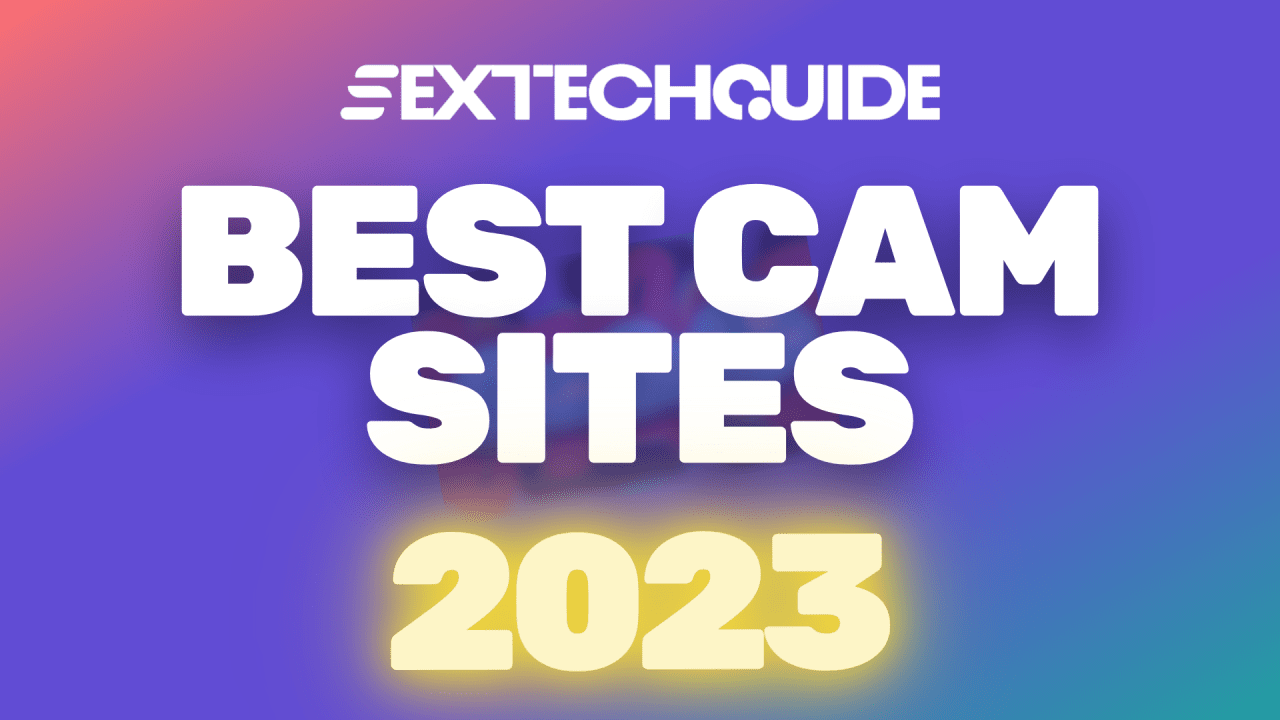This is the second post in our Hostile Platforms series, which looks at how big tech and big business treat adult-related companies and businesses. If you missed the first part, ‘IS BIG TECH TURNING ITS BACK ON ADULT INDIE CREATORS?, check it out now
One field in which sex-related goods and services are the same as any other products is that, at some point, money needs to pass from the vendor to the customer. And therein lies a whole heap of difficulties. For online businesses (as almost all are to a greater or lesser extent in the modern world) cash simply isn’t a viable medium of exchange. These transactions, of course, rely on a third-party in the form of a bank, building society or other payment processor.
However, for many adult brands, finding a processor that’s happy to take payments for sex-related businesses is a notoriously difficult task. Many payment processors will decline to work with adult service or content providers. What’s perhaps more interesting is that, unlike an official censor, that is a government-backed body, which comes with guidelines, accountability and a right to engage in some form of dialogue, payment processors have no such obligations.
Typically working from their own internal guidelines, payment processors stand as one of the most effective barriers to many adult businesses, in effect becoming de-facto censors. Kink-oriented social media site FetLife dramatically shifted its community standards banning discussion of (among other things) hypnosis play over fears of losing its payment processor.
This is not to say that all payment processors are necessarily hostile to adult content and services. PayPal, particularly in its earlier days, was known as being quite accommodating of sex-related business. Likewise Patreon has become a major source of income for many adult entrepreneurs because of its seeming friendliness with adult-oriented business. But just because a payments platform is adult-friendly today is no guarantee of it remaining that way. PayPal changed its focus away from adult content years ago, and 2017 saw Patreon “clarify” its community standards in a way that pushed many adult businesses off the platform.
Unlike an official censor, that is a government-backed body, which comes with guidelines, accountability and a right to engage in some form of dialogue, payment processors have no such obligations.
Cryptocurrency is the answer, or another victim?
One obvious answer might seem to be to turn to cryptocurrencies. One of the main advantages of a blockchain-based currency is that it isn’t reliant on a single third-party acting as gatekeeper over who can and can’t receive funds. At least that’s the idea in principle.
In reality cryptocurrencies face very similar issues to the adult industry at the most vulnerable point in the process: where crypto meets government-backed fiat currencies. Cryptocurrency exchanges broadly fall into two categories, those that only offer transfers between cryptocurrencies, and those that also offer the all-important transfer to and from fiat currencies.
The latter setup is coming under increasing scrutiny and political pressure in several countries. Major banks and credit card companies have made moves to either block or deter users from purchasing cryptocurrencies. For example, Mastercard classified cryptocurrency purchases as “cash advances” making their purchases more expensive for some customers and outright impossible for others.
Exchanges also fall under so-called “know your customer” and anti-money laundering legislation. In February this year, the biggest cryptocurrency exchange, Coinbase, advised 13,000 customers that it was going to comply with a court order from the US Inland Revenue Service to provide identifying records for users who made transactions exceeding $20,000.
To make matters worse, the actual Bitcoin blockchain itself may be illegal. In March 2018 researchers at the RWTH Aachen University published their work on the metadata that some users attach to Bitcoin transactions. The researchers found eight images of sexual content, including at least one thought to be of child abuse.
Other metadata in the blockchain contained links to child abuse images on the dark web. The results of this are potentially profound for a digital currency that draws its authority from an immutable ledger. Amending the blockchain to remove the images is possible but requires buy-in from the miners, which seldom goes smoothly. In all likelihood this would result in another “hard fork” like the one that birthed Bitcoin cash, or the fork to correct a massive Ethereum hack, spawning Ethereum and Ethereum Classic.
Some people have suggested creating a new cryptocurrency specifically to cater to the adult business market. However, this solution would likely run into many of the issues facing other cryptocurrencies.
At the end of the day the simple truth remains, people will always be able to find some way to pay for goods and services even if these are considered illicit by governments, banks, social media platforms or other gatekeepers. Whether that’s through cryptocurrencies, old fashioned cash, small amounts of gold bullion, rare Pokemon cards, whatever… What really changes is the difficulty of making these transactions and, consequently, a huge reduction in the number of people – and legitimate, legal businesses – that can access them.
Read Next: Hostile platforms: Is Big Tech turning its back on adult indie creators?














